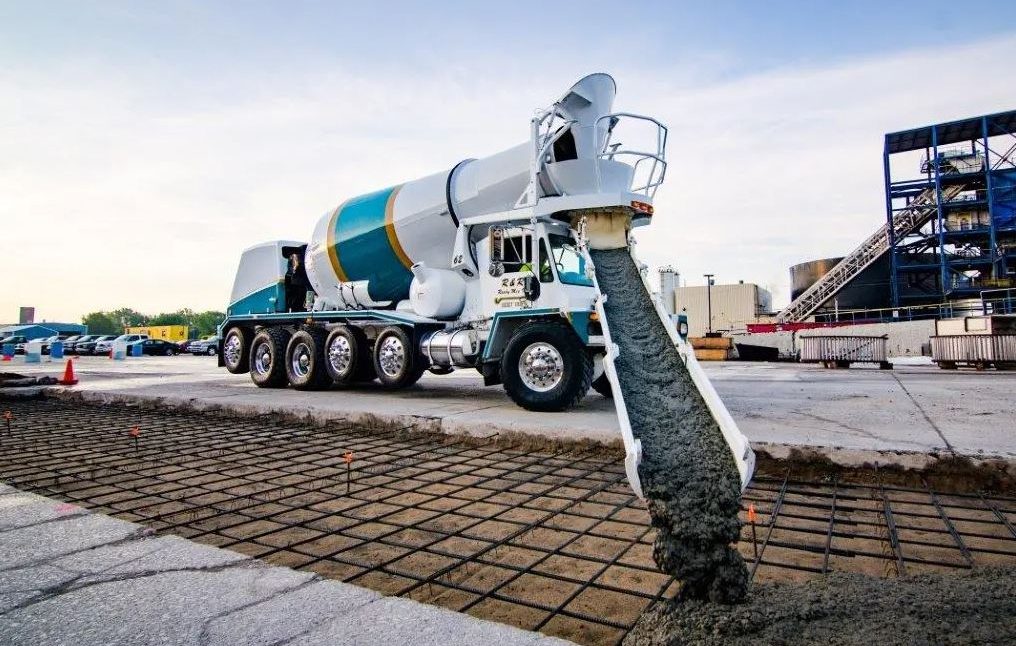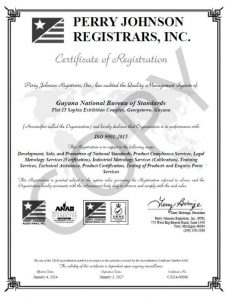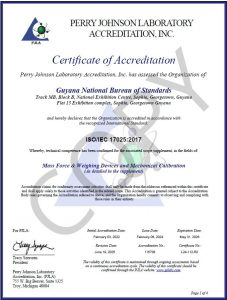In Guyana, several local companies are producing ready-mixed concrete to meet the demands of the rapidly growing construction sector. Using ready-mixed concrete reduces the labour-intensive process of on-site mixing and provides confidence to purchasers that the product meets specification and quality standards.
The Guyana National Bureau of Standards (GNBS) has developed the National Standard “GYS 227 – Specification for Ready-Mixed Concrete” to establish criteria for the production of ready-mixed concrete in Guyana. This standard defines ready-mixed concrete as concrete delivered to the site or into the purchaser’s vehicle in a plastic condition, ready for placement without further treatment.
The standard specifies the conditions for production and delivery of ready-mixed concrete, including methods for nominal mixes, specified strength mixes, and specialized mixes. It also outlines how purchasers can specify the required properties of the concrete in their orders.
Additionally, the document provides guidance on the information that purchasers should provide when ordering ready-mixed concrete, the inspection facilities required from the supplier, and the necessary tests. It distinguishes routine tests conducted by the supplier from those the purchaser is responsible for.
It’s important to note that this standard does not cover the placement, compaction, curing, or protection of concrete after delivery, nor does it apply to materials for lean concrete or similar road base materials.
Regarding materials used in ready-mix, the standard specifies that water should be clean and free from impurities that could affect the concrete mix adversely. Cement should be measured by weight or in whole bags as delivered by the manufacturer, while aggregate should be measured by weight.
Two types of mixers are specified: stationary mixers and truck mixers (or truck agitators). If a stationary mixer is used, the mixing time should be at least two (2) minutes, unless otherwise specified by the manufacturer. For truck mixers, a revolution counter must be provided, and mixing should continue for at least 100 revolutions at a rate of not less than 7 revolutions per minute, as per manufacturer specification.
The standard also sets requirements for concrete delivery, focusing on discharge time and the information that must be included on the delivery ticket. It stipulates that the basis of supply should be in cubic meters, as agreed between the purchaser and the supplier.
Finally, the standard covers inspection, sampling, and testing of ready-mixed concrete to ensure confidence in the quality of the product supplied. The GNBS encourages suppliers of ready-mixed concrete to be guided by the requirements of this standard to ensure the consistent delivery of a quality product to consumers.
In addition to setting standards for ready-mixed concrete, the GNBS offers testing services for the compressive strength of locally manufactured concrete cubes, slabs, and hollow blocks, as well as non-destructive testing of concrete structures.
For further information, please contact the GNBS on telephone numbers: 219-0065/66, 219-0069 or WhatsApp: 692-4627 or visit gnbsgy.org






